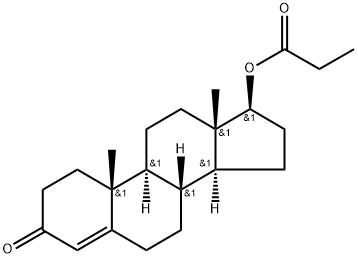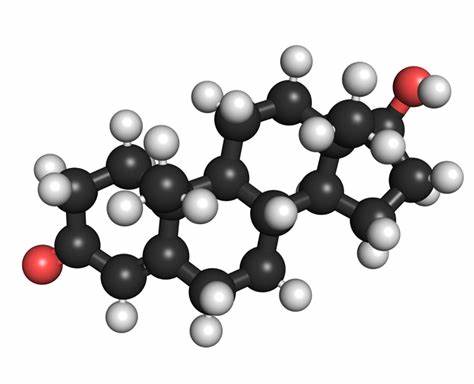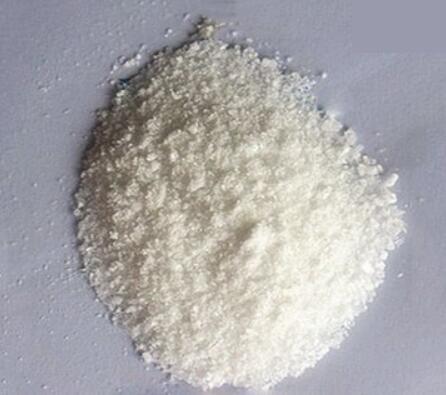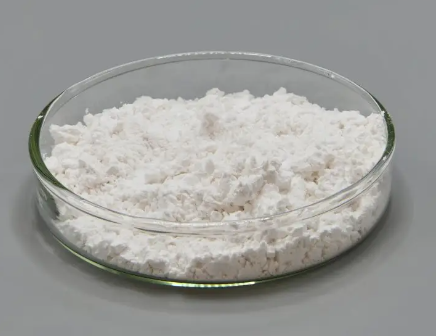Testosterone Propionate: Dual Impact on Bone Marrow Mesenchymal Stem Cells and Anti-Cancer Potential
General Description
Testosterone propionate is a slower-releasing anabolic steroid with a short half-life. It is a synthetic androstane steroid derivative of testosterone in the form of 17β propionate ester of testosterone. It was developed initially by Watson labs, and FDA approved on February 5, 1974.

Biological functions
Testosterone, an androgenic steroid hormone, is secreted by Leydig cells located in testicles in men and the ovaries, adrenal glands, and peripheral tissues in women. Its production is stimulated by gonadotropin releasing hormone secreted from the hypothalamus under the control of luteinizing hormone and follicle stimulating hormone. Once internalized, testosterone interacts with the androgen receptor and forms a hormone-receptor dimer that binds to hormone response elements to regulate the expression of various genes. Testosterone propionate (TP), an injectable, oil-soluble, short-acting form of testosterone, at various doses on BM-MSCs regarding viability, proliferation, stemness features and their cytotoxic capacity on leukemic cells.
The effects of testosterone propionate on human bone marrow-derived mesenchymal stem cells proliferation and viability.
Researchers expanded commercially available bone marrow-derived mesenchymal stem cells in vitro and treated them with testosterone propionate at concentrations ranging from 10-6-10-10 M for 24 hours. Ideal concentration was determined by evaluating cellular viability and proliferation with Annexin V/Propidium Iodide assay and carboxyfluorescein succinimidyl ester staining. The characteristic features of bone marrow-derived mesenchymal stem cells were evaluated by immunophenotyping, and their differentiation capacities were investigated. Bone marrow-derived mesenchymal stem cells’ cytotoxic properties upon testosterone propionate treatment were determined by co-culturing the cells with K562 cells and confocal imaging investigating polarization.
They found that testosterone propionate promoted proliferation and maintained the viability of bone marrow-derived mesenchymal stem at 10-8 M concentration. Further evaluations were conducted with the determined dose. The results showed that, apart from promoting mesenchymal stem cells’ polarization and increasing their cytotoxicity on K562 cells, testosterone propionate did not alter the differentiation capacities of bone marrow-derived mesenchymal stem cells and certain cell surface markers but led to a significant increase in HLA-DR expression.
Hence, the findings reveal that testosterone propionate promotes the proliferation and survival of bone marrow-derived mesenchymal stem cells in a dose-dependent manner without hampering their differentiation capacities, induces their polarization to the pro-inflammatory phenotype, and increases their cytotoxicity on the K562 cell line.
References:
[1] BA?AK ARU. Testosterone Propionate Promotes Proliferation and Viability of Bone Marrow Mesenchymal Stem Cells while Preserving Their Characteristics and Inducing Their Anti-Cancer Efficacy[J]. Balkan Medical Journal, 2023, 40 2. DOI:10.4274/balkanmedj.galenos.2022.2022-10-21.Related articles And Qustion
See also
Lastest Price from Testosterone propionate manufacturers
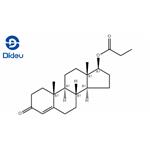
US $0.00-0.00/KG2025-11-28
- CAS:
- 57-85-2
- Min. Order:
- 1KG
- Purity:
- 98
- Supply Ability:
- 10000KGS
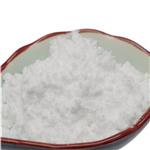
US $600.00/kg2025-11-24
- CAS:
- 57-85-2
- Min. Order:
- 1kg
- Purity:
- 99
- Supply Ability:
- 999
